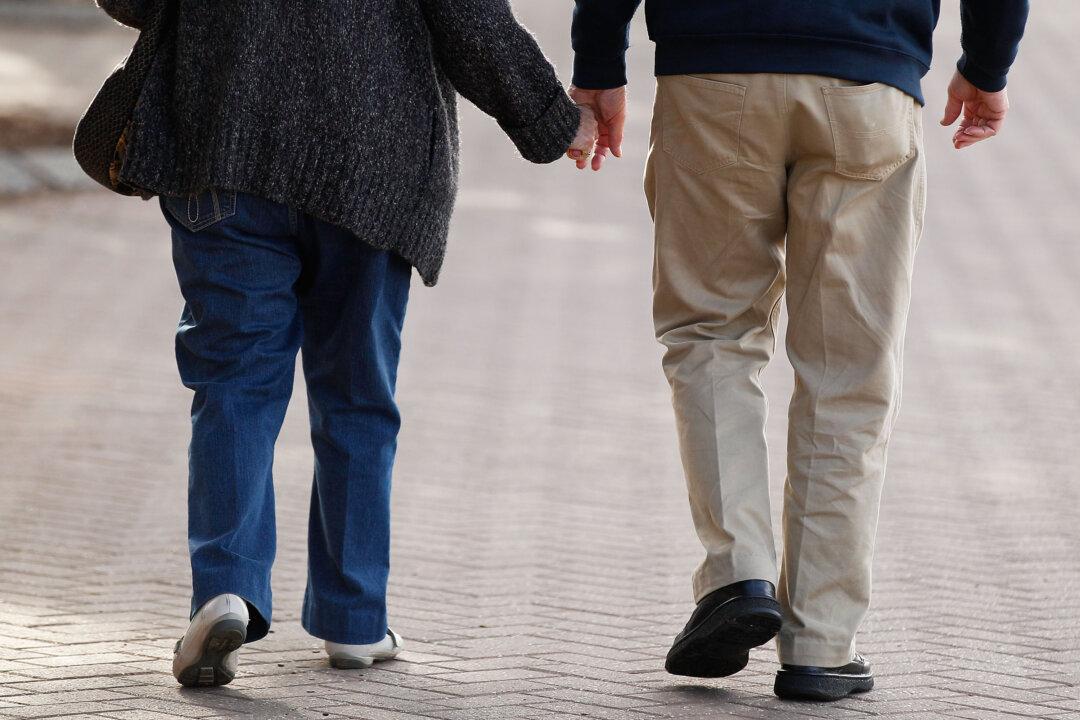A senator is pushing back against the move to legalise euthanasia in Australia’s territories, saying it will “depreciate the value we place on life” under the banner of human rights.
The comment comes following the introduction of a private bill dubbed Restoring Territory Rights, which aims to hand the Northern Territory and the Australian Capital Territory power to decriminalise euthanasia.




